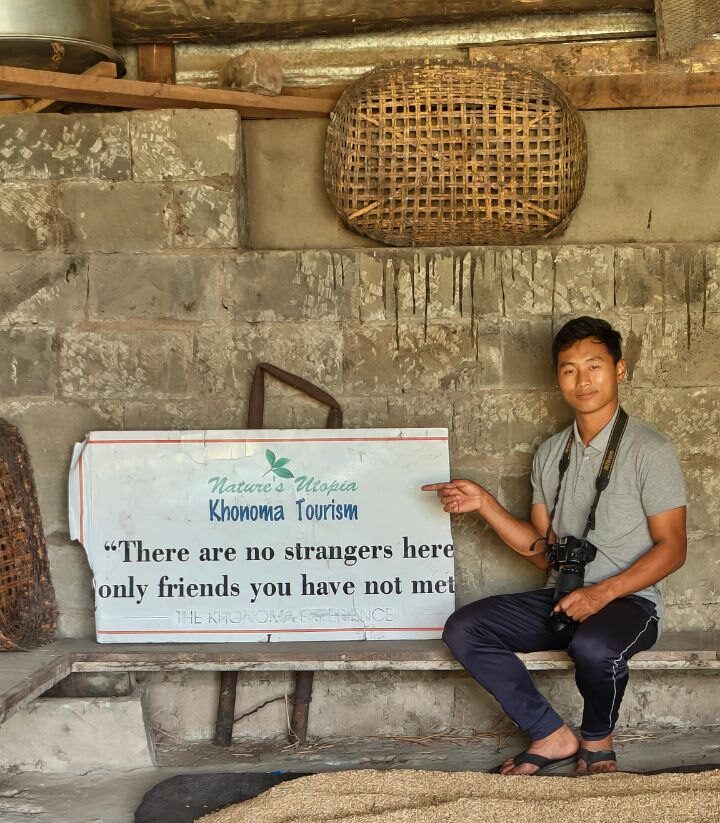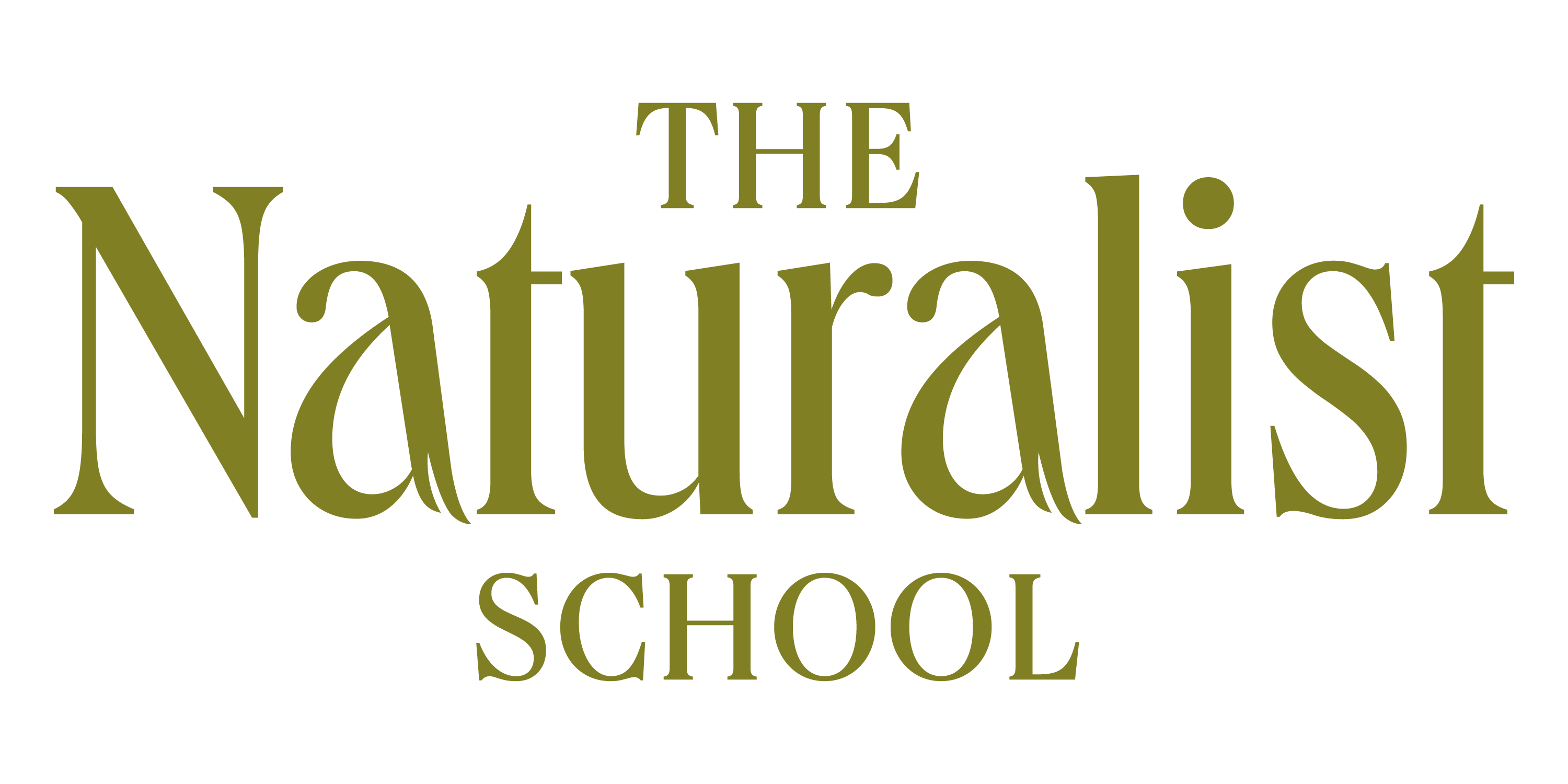
Where I Come From Was Always Enough
The story of Vivo, a Nature Guide from Khonoma, Nagaland, who learned to see the extraordinary in the ordinary, and returned home with a new way of understanding where he came from.
In the hill village of Khonoma, Nagaland, surrounded by forests, medicinal plants, and ancestral knowledge, Vivo grew up without realising just how rich his home was. Forests were for foraging, snakes were to be avoided, and caterpillars were just pests.
It wasnʼt until his elder brother told Vivo about a government-sponsored opportunity through the Skill Development initiative by the Government of Nagaland, that things began to shift. Fresh out of a masterʼs degree in Tenyidie literature, Vivo joined Batch 2 of the Certified Nature Guide (CNG) program at The Naturalist School. The training was held in Bannerghatta, Karnataka, in the heart of the forests of south India. For Vivo, it was his first time outside the Northeast. He remembers being struck by how developed Bangalore was—tall buildings, wide roads, fast lives.
“I started thinking, people here pay money to visit places with trees and clean air. And I come from a village full of that. I never saw it as special until I left it.ˮ He realized that he lived at the heart of a world others would consider a luxury.
Through the course, every class, every walk, every interaction opened up something new. Priya, the TNS founder and his mentor noticed a particular butterfly picture in his camera roll. He had considered it as just another click from back home the Bhutan Glory, a butterfly so rare that people travel just to see it. That was a turning point. If his everyday surroundings were special to others, maybe it was time he looked at them differently too.
The transformation was personal. The boy who once stamped on ants or didnʼt like snakes now couldnʼt bring himself to harm a single insect. “Whatʼs the importance of this creature? What does it do for my village?ˮ Questions like this began to take root. His uncle, a senior officer in the Nagaland Forest Department, reminded him of how much he was needed back home. His knowledge, lived experiences, and now his training could become tools for change.
Vivo returned to Khonoma not just with a certificate, but with a story to tell. In his free time, heʼs out birding, photographing species, or tending to his familyʼs peri–fuel plantations and local fisheries. He knows 10 to 20 fish species and can identify 30 to 40 birds , including the Red-vented Bulbul and the Himalayan Shrike Babbler . He is slowly learning scientific names too, so he can communicate his indigenous knowledge to the world.
Khonoma, rich in medicinal plants and oral ecological traditions, holds a treasure trove of wisdom passed down through generations. Vivo believes this knowledge is just as important as any formal training—and that it must be preserved. What changed him wasnʼt just the science. It was the storytelling. The ability to see, feel, and name what always was. “People like me donʼt believe anything unless we see it with our own eyes,ˮ he laughs. “I don’t advise. I only share what Iʼve lived.ˮ
Today, Vivo is building his house in Khonoma. He dreams of pursuing a PhD in his native language and working as a nature guide in the Northeast. Heʼs found a role, a voice, and a deeper sense of place.
“Money will come and go. Thatʼs not what lasts. But what Iʼve learnt, how Iʼve changed, this experience stays with me till I leave this earth.ˮ
Vivo is a storyteller of the land. A son of Khonoma, he is finally seeing home for all that it holds.

No Comments
Sorry, the comment form is closed at this time.